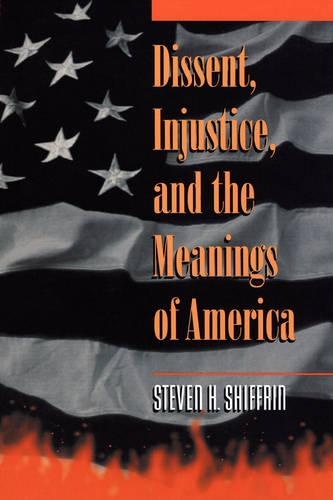
Dissent, Injustice, and the Meanings of America
(Paperback)
Publishing Details
Dissent, Injustice, and the Meanings of America
By (Author) Steven H. Shiffrin
Princeton University Press
Princeton University Press
10th October 2000
United States
Classifications
Professional and Scholarly
Non Fiction
Constitutional and administrative law: general
323.4430973
Physical Properties
Paperback
220
Width 152mm, Height 235mm
312g
Description
The author argues that Americans should be able to dissent in the name of free speech, but are restricted by the country's major institutions, including the Supreme Court and the mass media. The book refers to the implications of dissent with regard to topics like cigarette advertising, racist speech and flag burning, adding that such an approach reveals weaknesses in the approaches to free speech taken by postmodernism, Republicanism, deliberative democratic theory, outsider jurisprudence, and liberal theory. Social functions of dissent are emphasized throughout the text, in respect of combating injustice and its place in cultural struggles over the meanings of America. The author contends that defamation laws should be less protective of those in power, commercial interests in the media should be loosened and young people ought to be taught the importance of challenging injustice.
Reviews
"Shiffrin has provided readers with a challenging work that is well worth the reading and, in the opinion of this reviewer, well worth doing. This well-documented book is written in an engaging style with its theme and major points lucidly displayed. Very noteworthy is the author's penetrating analysis of Supreme Court cases."--The Law and Politics Book Review "In exploring dissent as a tool in opposing injustice, [Shiffrin] examines the place of dissent in liberal theory and in the media marketplace, as well as the marginalization of dissent. A demanding but interesting analysis."--Booklist
Author Bio
Steven H. Shiffrin is Professor of Law at Cornell University. He is the author of The First Amendment, Democracy, and Romance (paperback available from Princeton) and the coauthor of Constitutional Law: Cases-Comments-Questions and The First Amendment: Cases-Comments-Questions.
